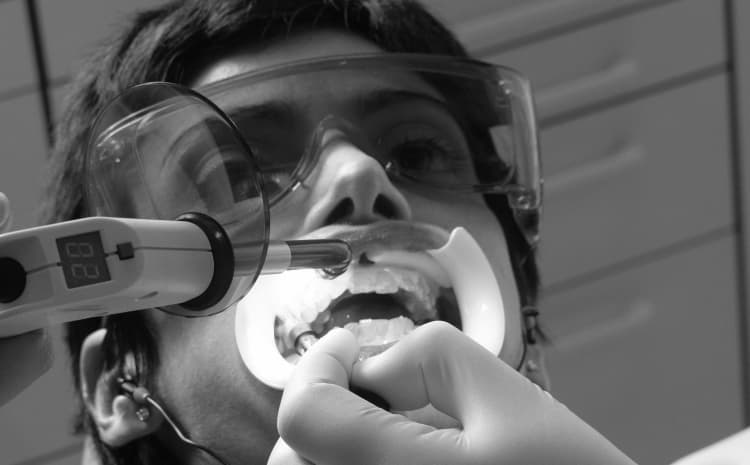I get asked this question a lot in my practice and i am happy to share with you how i approach doing wisdom tooth extractions with Local Anaesthesia (LA) vs General Anaesthesia (GA).
It is important to note that there are 2 other forms of Anaesthesia : IV Sedation ( IV) and Relative Anaesthesia ( RA) using Nitrous Oxide Gas.
Also, it is important to note that there are various difficulty levels in removing wisdom teeth; some wisdom teeth can be easily removed without surgery with a simple extraction procedure, whilst others can be very complicated to remove and these cases may require extensive and invasive surgery.
In general, the more complex the surgery is, the more likely i would recommend my patients to consider going for a deeper form of anaesthesia, to ensure maximum comfort.
Lastly the condition of the patients physical and mental health are also factors to consider when deciding the type of Anaesthesia chosen as well as the patients past experience with any kind of anaesthesia. In my practice, i deal with my patients with extreme dental phobia, and these patients really appreciate the guarantee of comfort with either IV sedation or GA.
Generally speaking, a young healthy individual would have less risks compared to a person who is frail , with complex medical histories and with bad experiences with previous episodes of anaesthesia ( for eg , allergies to the Anaesthetic medication)
In Singapore, the 3 most common options for Anaesthesia are: LA , IV sedation and GA.
In my practice, all my patients get LA regardless whether they are awake or asleep during the procedure.
In my practice, LA is considered when the extraction is very simple, and the patient has no health issues and bad prior experiences with LA and do not suffer from dental phobia.
My patients can consider IV sedation performed by a specialist anaesthetist in my practice , for more extensive and invasive surgical extractions and especially if they have dental phobia.
My patients who have complex medical histories and who require extensive surgical removal of wisdom teeth may consider GA in a day surgery centre or hospital setting. For such cases, i work closely with the patients medical doctor to get clearance for the GA procedure. In such cases, specialist anaesthetists may prefer to perform the GA in a more controlled environment like in an operating theatre, for safety, rather than in an IV sedation setting done in the dental clinic, which does not have sophisticated resuscitation equipment like in a day surgery centre or hospital.
At the end of the day, the benefits of the different types of sedation options offered to my patients have to be balanced with my patients unique risk profiles.
Do note that not every dental clinic has facilities to support IV sedation, and not every dentist is accredited to go to day surgery centres or hospital operating theatres for GA procedures. You have to check if your trusted dental clinic offers such sedation options.
I hope my answer gives you a rough idea of the thought process in my head but its still best to seek professional advice from your trusted dentist to see which type of anaesthesia is best suited for your case.
I wish you all the best and a speedy recovery from your extraction procedure.
Kind Regards,
Dr Gerald Tan







